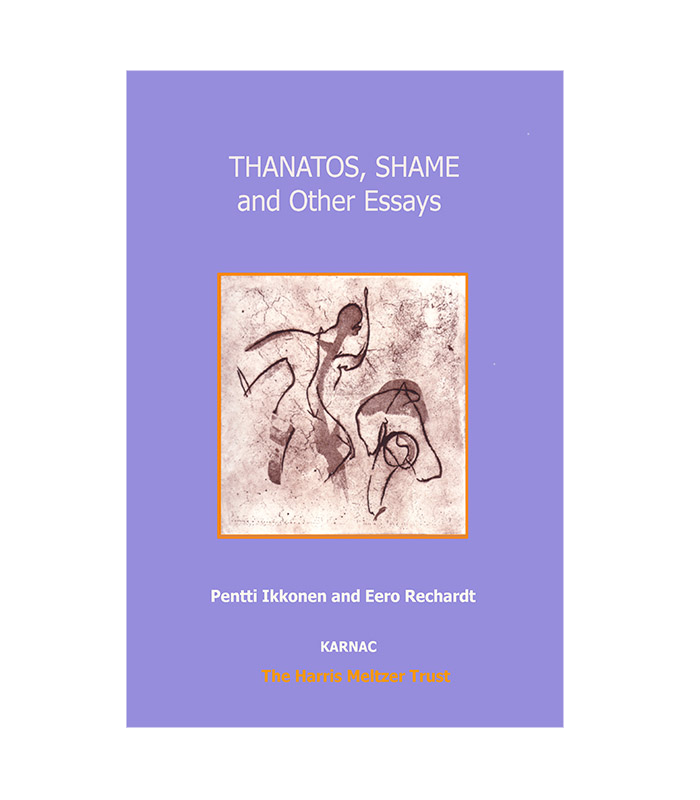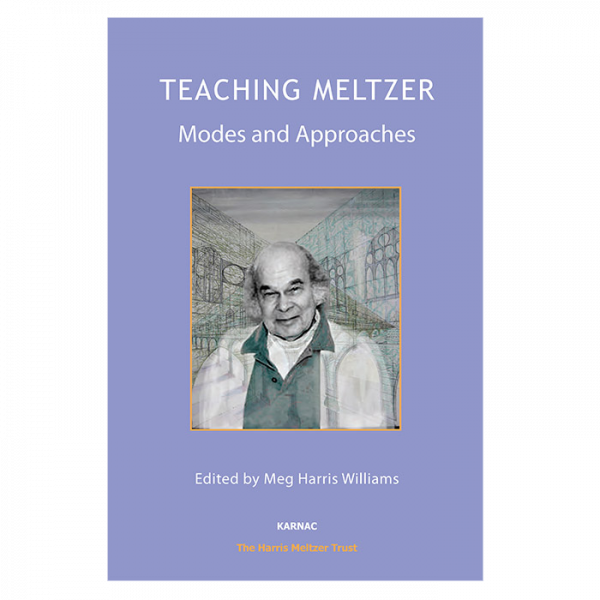This book, a classic in Finnish psychoanalytic thinking, presents central features of the work of leading psychoanalysts Pentti Ikonen and Eero Rechardt for an English-speaking audience, focussing on the integration of Freud’s final drive theory with object relations theory. Their most thought-provoking contribution is a new interpretation of Thanatos (the death drive), which forms the core of this book. It opens up a totally new perspective not only on aggressiveness, but also on phenomena like narcissism and shame.




Olavi Hamalainen, President, Finnish Psychoanalytical Institute –
‘This important work has become a classic in Finnish psychoanalytic thinking. It is one of the cornerstones in the training of psychoanalytic psychotherapy and psychoanalysis in our country. The authors’ deep understanding has clarified Freud’s final drive-instinct theory together with important additions that are a great help in integrating it with object relations theory.’
Henrik Enckell, Chair, Consortium of Academic Psychoanalytic Research, Finland –
‘Pentti Ikonen and Eero Rechardt are well known in Scandinavian psychoanalysis: they have been welcome discussants of others´ work, but above all they have come up with their own original ideas. Their most thought-provoking contribution is a new interpretation of Thanatos (the death drive), which forms the core of this book. In Scandinavia, Ikonen´s and Rechardt´s thinking has opened up a totally new perspective not only on aggressiveness, but also on phenomena like narcissism and shame. Their contribution has cleared up theoretical problems and has proven clinically very helpful. Written in a lucid language, these texts will speak to readers from a variety of professional backgrounds.’
Anneli Hautala, board member, Foundation for Adolescent Psychotherapy, Finland –
‘In their review of Freud’s dualistic drives Eros and Thanatos, the authors describe how the act of “binding” strives to remove the mentally disturbing or the “unbound”. Destructiveness is seen not as a drive in itself but as a branch of the Thanatos tree, one of the ways of binding to gain peace and relief. The authors also have an original approach to the concept of libido, often so difficult to understand, which they define as a need for mutuality. This relates to the significance of shame and its various manifestations, and how it differs from guilt. While guilt is linked with our intentions or deeds, shame applies to the whole self, which is felt to be worthless and unavailable for mutuality. The authors vividly describe the implications of this for the intolerance of intimacy in the psychoanalytic relationship. The special skill of the authors lies in teaching theoretically difficult issues in a clinical context. The essays convey their humble and respectful attitude to the uniqueness of a human being, and enable readers to experience the living mutuality of studying as well as that of working with patients.’